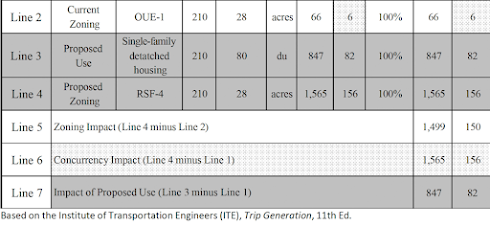Scenes from a Conference
The Manasota Regional Neighborhoods Summit held at MCC at Lakewood Ranch on Sat., April 12, brought representatives from many Sarasota and Manatee County communities together to explore themes having to do with connection -- within and between not only communities, but generations.
Your Lake Sarasota representatives presented some of what we've been doing -- Renee explained Yard of the Month, Laura offered an overview of many efforts, Tom talked about communications through blogging and the newsgroup.
Renee:

Some of the crowd:

Sarasota Commissioners Joe Barbetta and Shannon Staub:
 The keynote of the Conference was a talk by Matt Leighninger of the Deliberative Democracy Consortium.
The keynote of the Conference was a talk by Matt Leighninger of the Deliberative Democracy Consortium.Leighninger's recent book is The Next Form of Democracy: How Expert Rule Is Giving Way to Shared Governance -- and Why Politics Will Never Be the Same.
 Part of the problem with communal activities today according to Leighninger is that people tend to belong to various kinds of groups, each with its own issues, purposes. Perhaps it's time to think about public deliberation in a more holistic way, he said. He offered four democratic principles that have proven successful in various places of very different sizes, locations, and issues:
Part of the problem with communal activities today according to Leighninger is that people tend to belong to various kinds of groups, each with its own issues, purposes. Perhaps it's time to think about public deliberation in a more holistic way, he said. He offered four democratic principles that have proven successful in various places of very different sizes, locations, and issues:- Proactive recruitment: find the networks that people use, and connect through people they know.
- Use small meetings for learning, and large-group meetings for spreading ideas.
- Give people a chance to share experiences and to consider a range of views and options.
- Work across different levels - volunteers, organizational changes, policy issues.
From the Deliberative-Democracy Consortium:
What is "deliberation"?
Deliberation is an approach to decision-making in which citizens consider relevant facts from multiple points of view, converse with one another to think critically about options before them and enlarge their perspectives, opinions, and understandings.What is "deliberative democracy"?
Deliberative democracy strengthens citizen voices in governance by including people of all races, classes, ages and geographies in deliberations that directly affect public decisions. As a result, citizens influence--and can see the result of their influence on--the policy and resource decisions that impact their daily lives and their future.Why is this approach becoming more common?
At the beginning of the 21st Century, democracy is in the midst of a particularly major shift in its development. All kinds of leaders are realizing that the traditionally distant relationship between citizens and government is inadequate for solving public problems. They are recognizing that the usual formats for decision-making often waste public resources, create unproductive conflict, and fail to tap citizen potential. They are attempting many different civic experiments -- some successful, some not -- to help citizens and governments work together more democratically and more effectively.


Comments